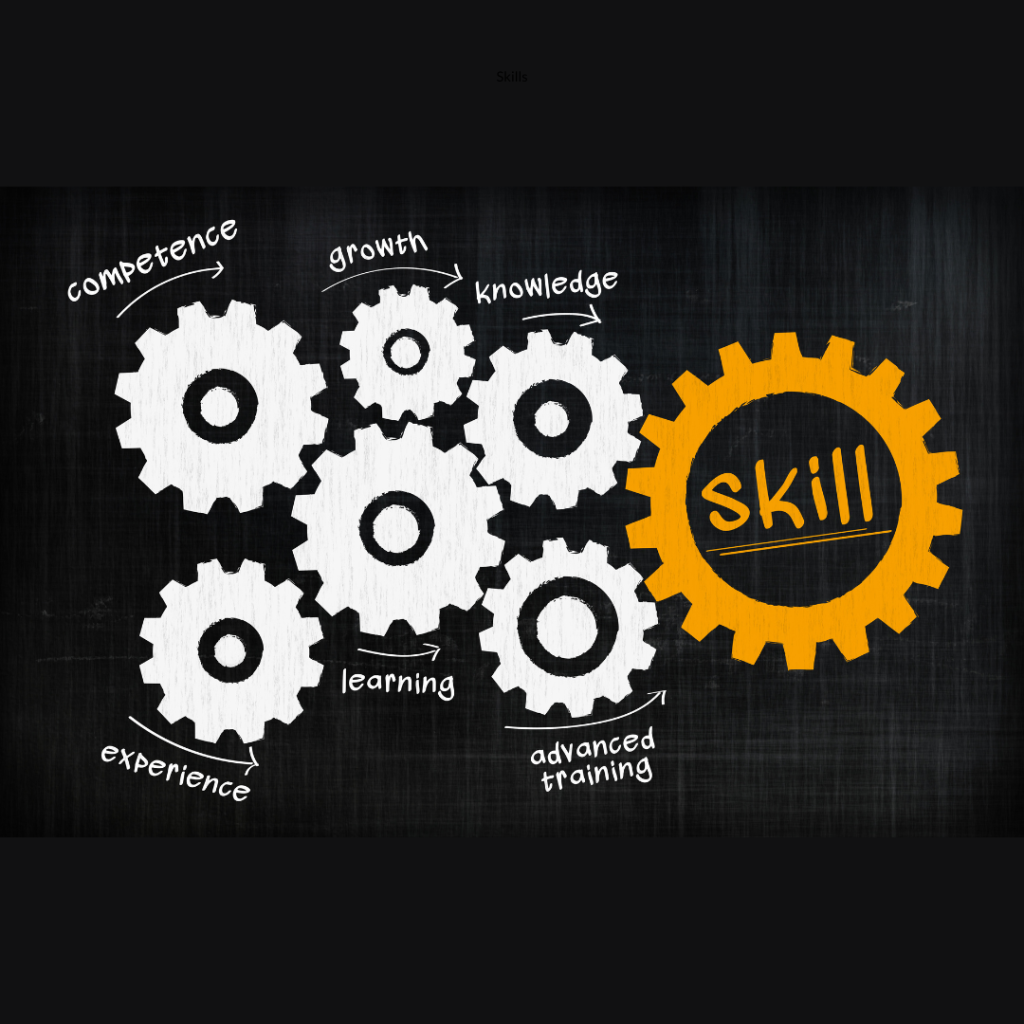Skilled trades offer fulfilling and well-paying careers, but they also require a combination of technical knowledge, problem-solving abilities, and soft skills to truly thrive. Whether you’re interested in carpentry, plumbing, welding, or manufacturing, success in skilled trades comes down to mastering a variety of skills. Here’s a breakdown of the key abilities you’ll need to succeed:
1. Technical Skills
The backbone of any career in skilled trades is technical proficiency. Each trade has its specific tools, techniques, and processes that you’ll need to master. For example, in carpentry, knowing how to measure and cut materials precisely is critical. In electrical work, you must understand wiring and safety codes. Skilled trades require hands-on experience, which is why programs like West Virginia Women Work emphasize technical certifications such as OSHA 10, Forklift certification, and First Aid/CPR training.
2. Problem-Solving Abilities
Skilled trades often present challenges that require creative problem-solving. Whether you’re working on a complex wiring system, troubleshooting a plumbing issue, or welding intricate structures, the ability to think critically and adapt to changing situations is essential. You’ll need to assess problems quickly, make decisions under pressure, and implement effective solutions.
Example: In welding, you may encounter projects where blueprints don’t align with real-world conditions. Being able to adjust and modify plans while maintaining safety standards is a key part of the job.
3. Attention to Detail
Precision and accuracy are vital in most trades. A small error can lead to significant problems, whether you’re building a structure, installing plumbing, or performing electrical work. This is why training programs focus heavily on hands-on practice, where students can develop their ability to follow specifications, double-check their work, and ensure the highest quality outcomes.
Example: An HVAC technician needs to follow measurements and installation guidelines carefully to ensure systems work efficiently. Even a small mistake in ductwork sizing can result in energy inefficiency.
4. Physical Stamina and Dexterity
Most skilled trades involve hands-on work, which requires both physical strength and endurance. Carpenters, electricians, and plumbers often spend long hours on their feet, lifting heavy materials, or working in confined spaces. Along with strength, having good hand-eye coordination and manual dexterity is important to perform tasks accurately and safely.
5. Communication Skills
Although trades may seem like solitary work at times, communication is key. You’ll often be part of a larger team or working closely with clients and contractors. Being able to explain technical issues, report progress, and collaborate with others helps to ensure projects run smoothly.
Example: As a project progresses, a carpenter may need to communicate with architects, clients, and other tradespeople, ensuring that everyone is aligned on the project’s goals and timelines.
6. Commitment to Safety
Safety is a major priority in any trade, and professionals must be diligent in following safety protocols and regulations. Certifications like OSHA 10 are designed to instill this awareness, ensuring that tradespeople can recognize hazards and prevent accidents on the job. Workers must stay updated on safety regulations and maintain proper equipment to ensure a safe working environment for themselves and others.
7. Soft Skills
Finally, tradespeople benefit from a range of soft skills such as reliability, time management, and adaptability. Meeting deadlines, managing workloads, and delivering quality results are just as important as technical abilities. Being adaptable to new tools and technologies as they emerge is also critical, as many trades are evolving with advancements in technology.
How WVWW Helps You Build These Skills
At West Virginia Women Work (WVWW), our training programs focus on equipping women with these crucial skills. From hands-on training to industry-recognized certifications, our graduates leave with the knowledge and confidence they need to excel in the skilled trades. We work closely with employers to ensure our programs align with industry needs, ensuring that our graduates are job-ready from day one.
By mastering both the technical and soft skills outlined here, women in the skilled trades can not only find success but also play a key role in building stronger, more resilient communities.

